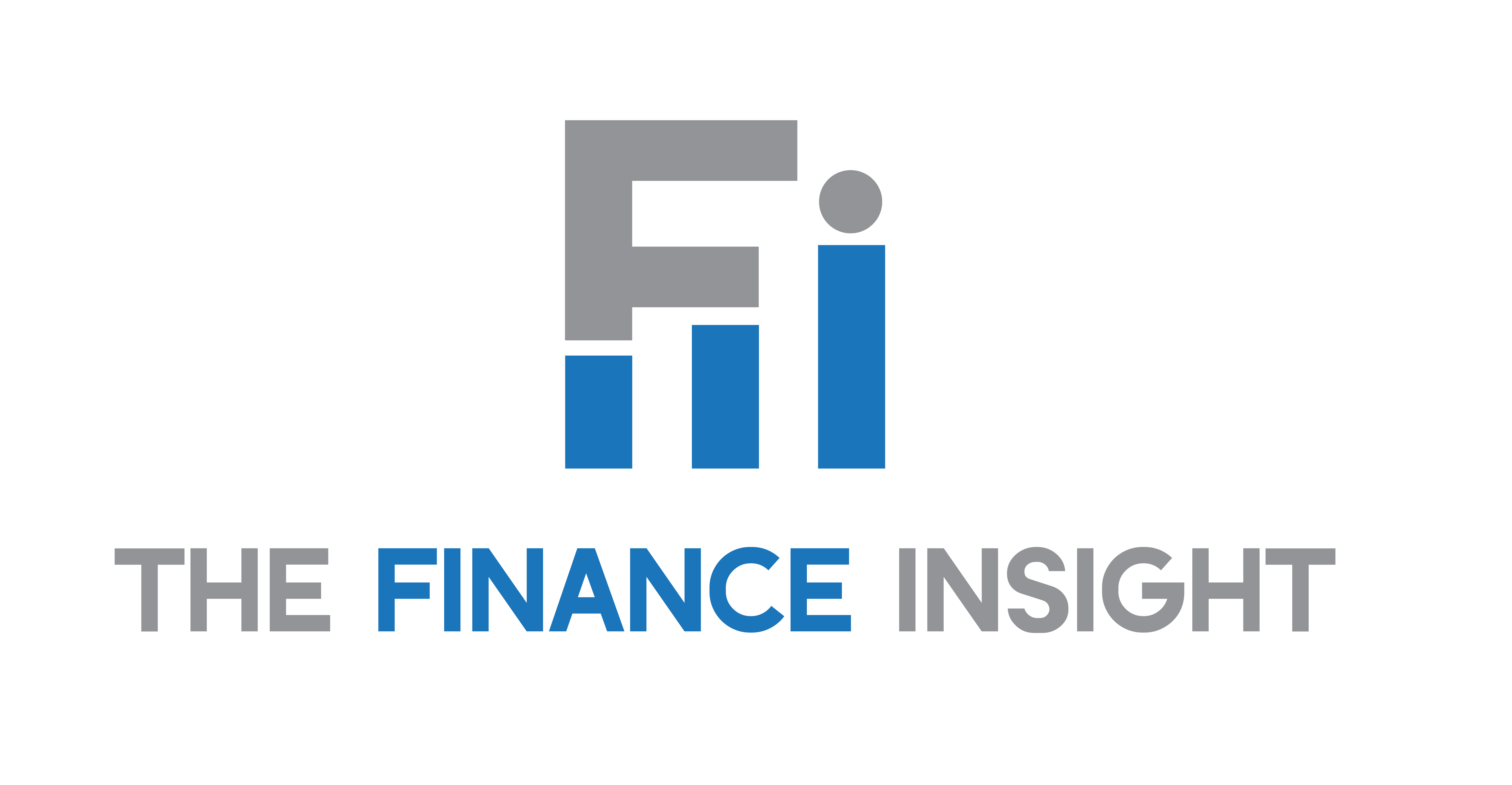Earnings season has become a high-stakes event, causing wild stock price swings that are raising serious concerns.
Investors are reacting with more intensity than ever to quarterly reports — good or bad.
And that volatility is making public markets less appealing for companies and shareholders alike.
Extreme Reactions: Are They Justified?
In Europe, Bank of America found that companies missing Q4 estimates saw share prices fall 2.6 percentage points more than the broader market.
That’s the sharpest reaction since 2011, with even positive surprises triggering a strong 1.7-point jump — the second-highest in over a decade.
The trend holds true in the U.S., where Q1 2025 earnings misses underperformed the S&P 500 by 3.6 percentage points — well above the historic 2.5% average.
Some of this volatility may be justified.
Markets are reacting to new realities — slower growth, geopolitical risks, and shifting revenue forecasts.
The VIX, Wall Street’s “fear gauge,” has stayed higher post-COVID, signaling investors expect bigger, faster moves.
But not all price moves align with fundamentals.
Take Fiserv: its stock plunged nearly 20% on April 24 after weakness in one payments unit — even though full-year guidance stayed firm.
Five days later, the stock outperformed the S&P 500 by 1.3%, highlighting the potential for overreaction.
The Role of Fast Money and Passive Investing
Much of this chaos is being blamed on the rise of “fast money.”
Hedge funds like Citadel and Millennium, managing $60–70 billion each, use leverage to make big bets on earnings outcomes.
Their rapid-fire trades can dominate earnings days, amplifying price swings in both directions.
At the same time, long-term “buy-and-hold” investors have taken a back seat.
Passive funds from giants like BlackRock and Vanguard don’t react to earnings — they track indexes.
This lack of active balance in the market leaves price moves vulnerable to extreme short-term sentiment.
Executives now spend more time managing investor reaction than managing the business.
Wild stock swings can damage morale, distort valuations, and increase a company’s cost of capital.
That added financial pressure makes public listings far less attractive than they used to be.
The Shift Toward Private Markets
Some companies are responding by being deliberately vague.
Apple CFO Kevan Parekh recently forecasted “low to mid-single-digit” revenue growth — a wide and safe range.
Fuzzy guidance like this could become the new norm as firms aim to reduce backlash.
Meanwhile, going private is becoming more appealing.
Private equity firms like Blackstone and KKR promise insulation from Wall Street’s scrutiny and volatility.
In this environment, that’s a tempting offer for mid-sized firms facing unpredictable reactions from public markets.
Even private giants like Stripe ($92B) and SpaceX ($350B) show no rush to go public.
They’re raising capital privately and avoiding the chaos of quarterly earnings scrutiny.
As earnings-day volatility grows, IPOs may continue to lose their appeal.

